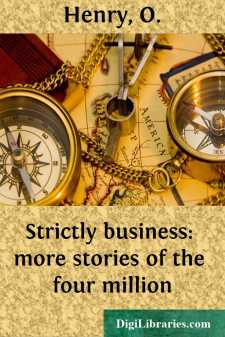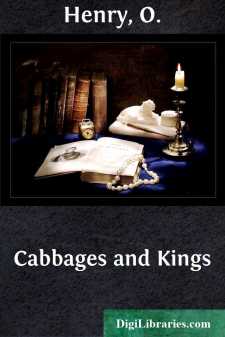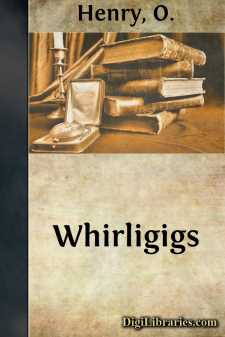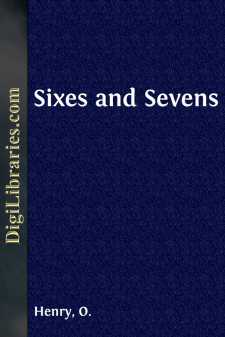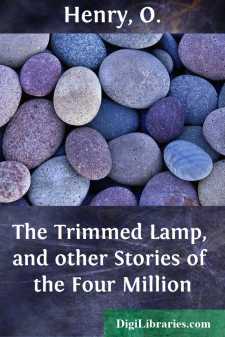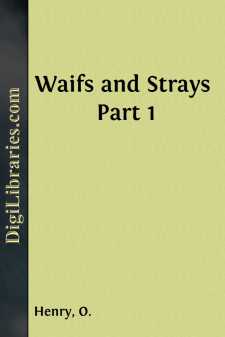Categories
- Antiques & Collectibles 13
- Architecture 36
- Art 48
- Bibles 22
- Biography & Autobiography 813
- Body, Mind & Spirit 142
- Business & Economics 28
- Children's Books 15
- Children's Fiction 12
- Computers 4
- Cooking 94
- Crafts & Hobbies 4
- Drama 346
- Education 46
- Family & Relationships 57
- Fiction 11828
- Games 19
- Gardening 17
- Health & Fitness 34
- History 1377
- House & Home 1
- Humor 147
- Juvenile Fiction 1873
- Juvenile Nonfiction 202
- Language Arts & Disciplines 88
- Law 16
- Literary Collections 686
- Literary Criticism 179
- Mathematics 13
- Medical 41
- Music 40
- Nature 179
- Non-Classifiable 1768
- Performing Arts 7
- Periodicals 1453
- Philosophy 64
- Photography 2
- Poetry 896
- Political Science 203
- Psychology 42
- Reference 154
- Religion 513
- Science 126
- Self-Help 84
- Social Science 81
- Sports & Recreation 34
- Study Aids 3
- Technology & Engineering 59
- Transportation 23
- Travel 463
- True Crime 29
Strictly business: more stories of the four million
by: O. Henry
Categories:
Description:
Excerpt
X
THE UNKNOWN QUANTITY
The poet Longfellow—or was it Confucius, the inventor of wisdom?—remarked:
And things are not what they seem."
As mathematics are—or is: thanks, old subscriber!—the only just rule by which questions of life can be measured, let us, by all means, adjust our theme to the straight edge and the balanced column of the great goddess Two-and-Two-Makes-Four. Figures—unassailable sums in addition—shall be set over against whatever opposing element there may be.
A mathematician, after scanning the above two lines of poetry, would say: "Ahem! young gentlemen, if we assume that X plus—that is, that life is real—then things (all of which life includes) are real. Anything that is real is what it seems. Then if we consider the proposition that 'things are not what they seem,' why—"
But this is heresy, and not poesy. We woo the sweet nymph Algebra; we would conduct you into the presence of the elusive, seductive, pursued, satisfying, mysterious X.
Not long before the beginning of this century, Septimus Kinsolving, an old New Yorker, invented an idea. He originated the discovery that bread is made from flour and not from wheat futures. Perceiving that the flour crop was short, and that the Stock Exchange was having no perceptible effect on the growing wheat, Mr. Kinsolving cornered the flour market.
The result was that when you or my landlady (before the war she never had to turn her hand to anything; Southerners accommodated) bought a five-cent loaf of bread you laid down an additional two cents, which went to Mr. Kinsolving as a testimonial to his perspicacity.
A second result was that Mr. Kinsolving quit the game with $2,000,000 prof—er—rake-off.
Mr. Kinsolving's son Dan was at college when the mathematical experiment in breadstuffs was made. Dan came home during vacation, and found the old gentleman in a red dressing-gown reading "Little Dorrit" on the porch of his estimable red brick mansion in Washington Square. He had retired from business with enough extra two-cent pieces from bread buyers to reach, if laid side by side, fifteen times around the earth and lap as far as the public debt of Paraguay.
Dan shook hands with his father, and hurried over to Greenwich Village to see his old high-school friend, Kenwitz. Dan had always admired Kenwitz. Kenwitz was pale, curly-haired, intense, serious, mathematical, studious, altruistic, socialistic, and the natural foe of oligarchies. Kenwitz had foregone college, and was learning watch-making in his father's jewelry store. Dan was smiling, jovial, easy-tempered and tolerant alike of kings and ragpickers. The two foregathered joyously, being opposites. And then Dan went back to college, and Kenwitz to his mainsprings—and to his private library in the rear of the jewelry shop.
Four years later Dan came back to Washington Square with the accumulations of B. A. and two years of Europe thick upon him. He took a filial look at Septimus Kinsolving's elaborate tombstone in Greenwood and a tedious excursion through typewritten documents with the family lawyer; and then, feeling himself a lonely and hopeless millionaire, hurried down to the old jewelry store across Sixth Avenue....


